
Protecting Yourself and Your Students: A Guide to Compliance for Music Tutors
Share
Running a teaching studio isn’t just about lessons and music - it’s also about responsibility, safety, and professionalism.
Compliance protects you, your students, and your reputation.
Whether you’re teaching in schools, at home, or online, it’s essential to understand your obligations - especially around QPR and Child Welfare training.
1. Public Liability Insurance
A must-have for every self-employed teacher.
✅ Protects you if a student, parent, or visitor is injured during a lesson.
✅ Covers claims related to property damage caused during teaching.
✅ Provides peace of mind knowing you’re protected against unforeseen events.
Hot Tip: Musicians’ unions often include or discount public liability insurance - check your local or regional music unions to save some money.
2. Equipment Insurance
Your gear is your livelihood - from instruments and amps to microphones, laptops, and recording interfaces.
✅ Covers theft, accidental damage, or natural disasters.
✅ Helps you avoid major financial losses if equipment is damaged or lost.
✅ Some policies can cover both home studios and portable gear.
Hot Tip: Many musician unions and performing rights organisations offer equipment insurance bundles or discounts for members. It’s worth investigating before buying standalone coverage.
3. Working With Children Checks / Police Checks
If you teach minors, these checks aren’t optional - they’re legally required in most regions.
✅ Demonstrates your professionalism and trustworthiness.
✅ Protects your students, their families, and you.
✅ Keep your certification current and display it when appropriate (such as in your studio or on your website).
Pro Tip: Set a yearly reminder to check expiry dates for all your compliance documents.
4. Child Welfare & QPR / Duty of Care Training
As a one-on-one tutor, you might be the only trusted adult a child regularly interacts with outside of their family. That makes your role unique - and sometimes, life-saving.
Children often open up to their music teachers because lessons feel safe, consistent, and personal. You might notice changes in behaviour, mood, or energy that others miss. In rare cases, a simple question, a calm conversation, or knowing how to refer help could make the difference between crisis and safety.
That’s why QPR (Question, Persuade, Refer) training and Child Welfare courses are so valuable:
QPR Training teaches you how to:
Recognise warning signs of suicide or self-harm.
Ask direct but caring questions.
Guide students toward the help they need - you don’t need to fix the situation, just connect them with support.
Child Welfare & Duty of Care training helps you:
Identify possible signs of abuse or neglect.
Respond safely, ethically, and within legal frameworks.
Know when and how to report concerns appropriately.
Hot Tip: Many regions offer free or low-cost QPR and Child Welfare training. These courses not only protect your students - they could literally save a life. Taking them also demonstrates your professionalism and care to parents, schools, and the wider community.
Key Takeaways
✅ Compliance isn’t optional - it’s the foundation of a safe, sustainable teaching studio.
✅ Maintain public liability and equipment insurance.
✅ Keep Working With Children and police checks up-to-date.
✅ Complete QPR and Child Welfare training
✅ Document your policies and share them with parents - it reinforces professionalism and care.
This post contains excerpts from The Business of Teaching Music by James Baker. The book is packed with practical tips and insights on building a healthy work-life balance, fostering mutual respect with your students and their families, and giving you the tools to run your teaching business like a true professional.
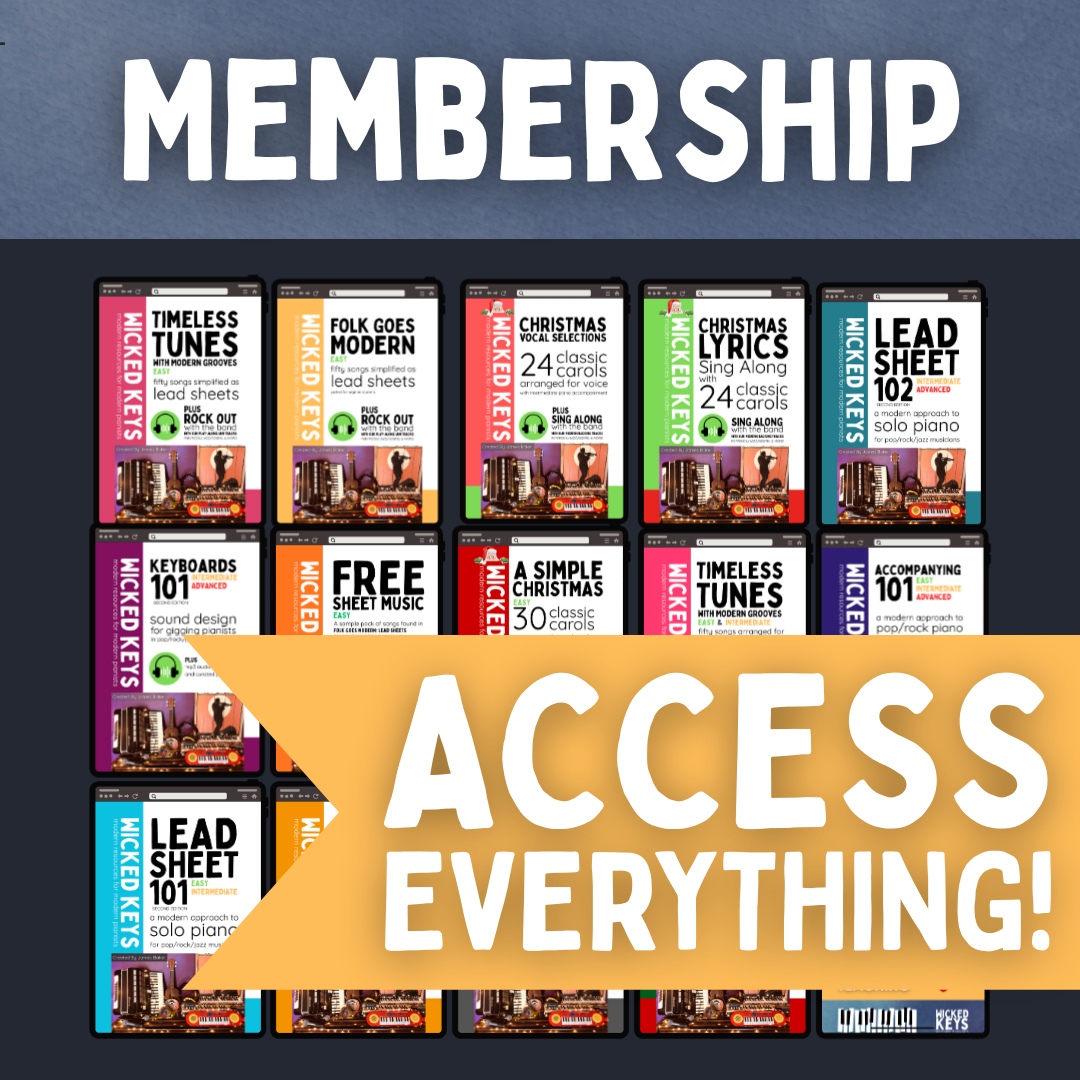
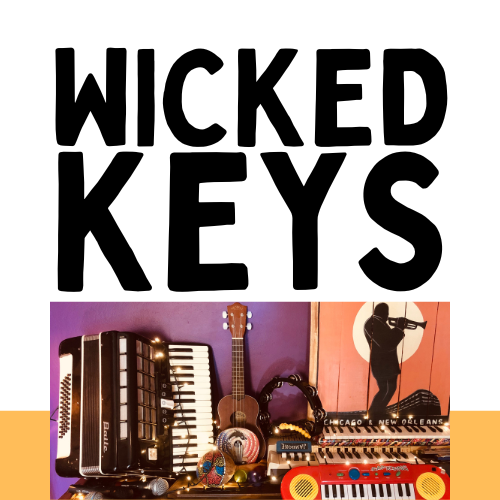

![The Business of Teaching Music [Digital eBook]](http://wickedkeys.com.au/cdn/shop/files/ProductCards-4.png?v=1761622515&width=533)

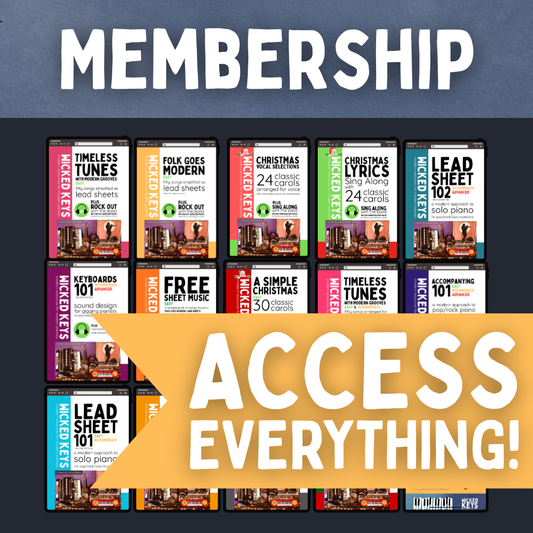
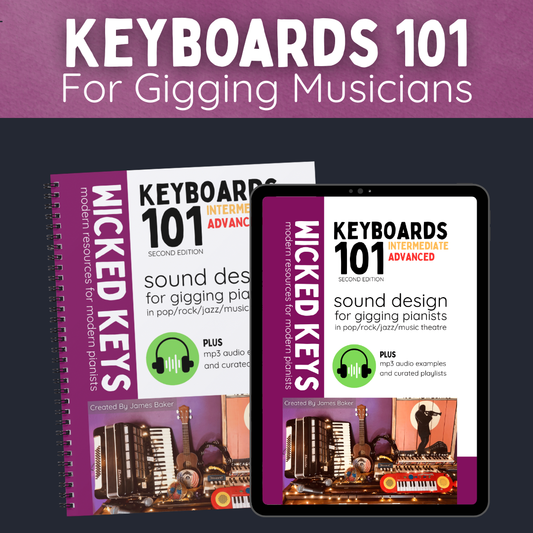


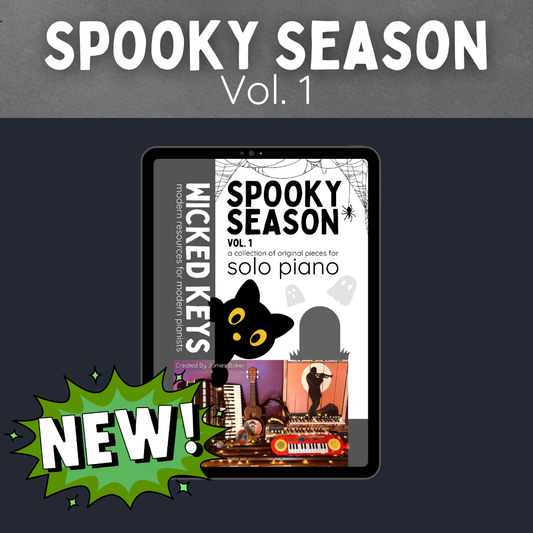
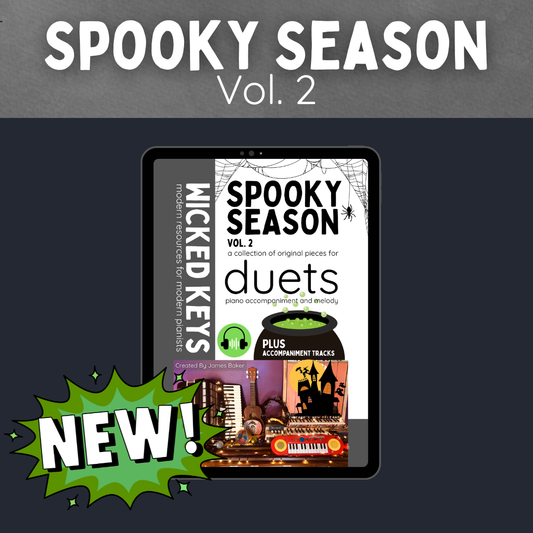

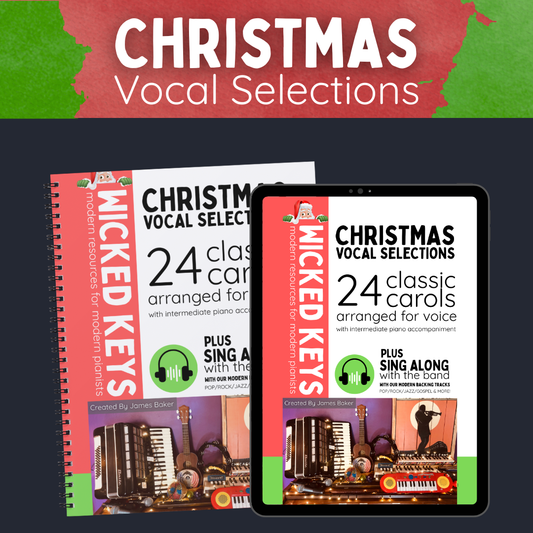
![[COMING SOON] Junior Jazz Vol. 1](http://wickedkeys.com.au/cdn/shop/files/22_497fc077-4911-4527-bfad-a7749288e7ca.png?v=1759207635&width=533)
![[COMING SOON] Beginner Blues Vol. 1](http://wickedkeys.com.au/cdn/shop/files/23_844563d1-4c1b-4d59-97de-72c8f9c5122a.png?v=1759207694&width=533)
![[COMING SOON] Accompanying 101](http://wickedkeys.com.au/cdn/shop/files/18_f4c8b907-7385-46b3-801a-77b28cf7d83d.png?v=1759143867&width=533)
![[COMING SOON] Lead Sheet 102](http://wickedkeys.com.au/cdn/shop/files/17_5e2c6a47-e49a-4de2-b4d8-c72a4ed236f6.png?v=1759143867&width=533)